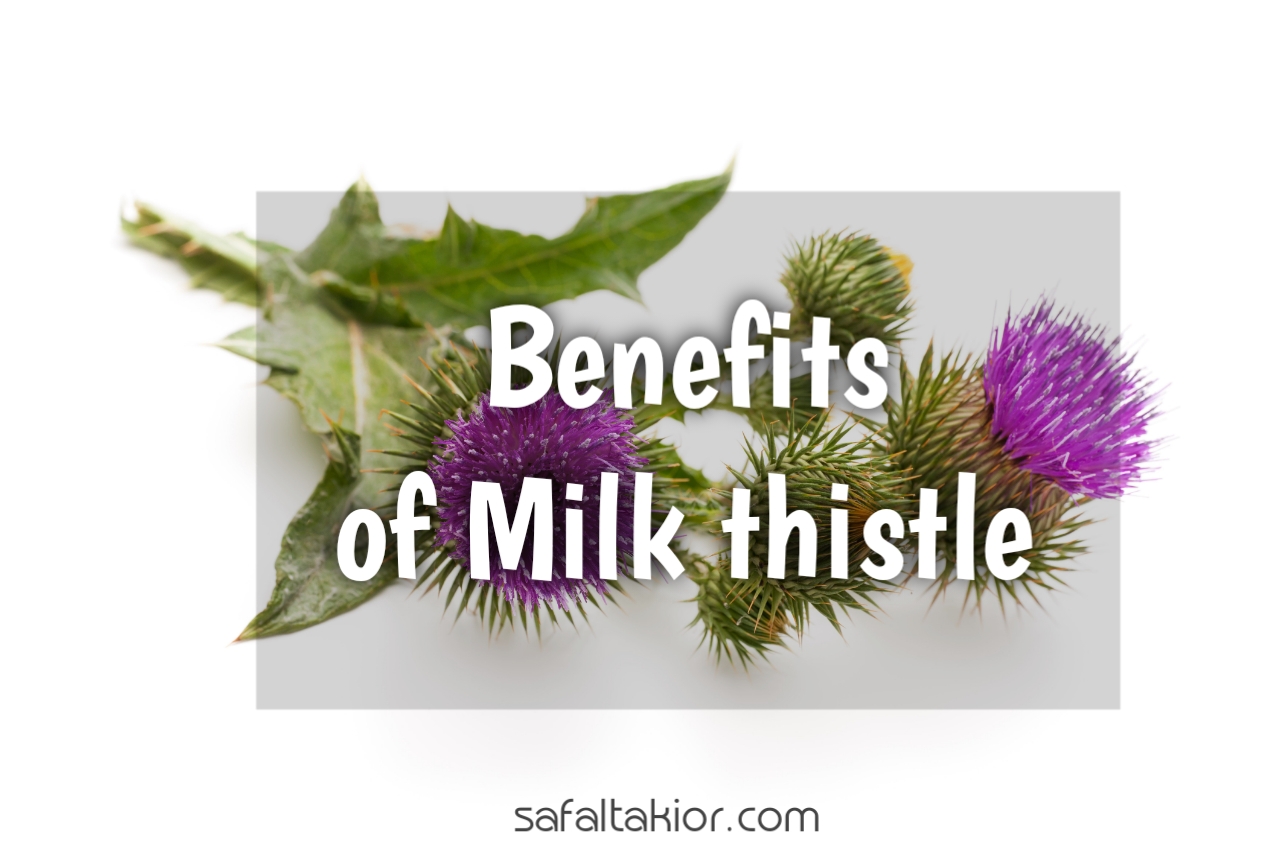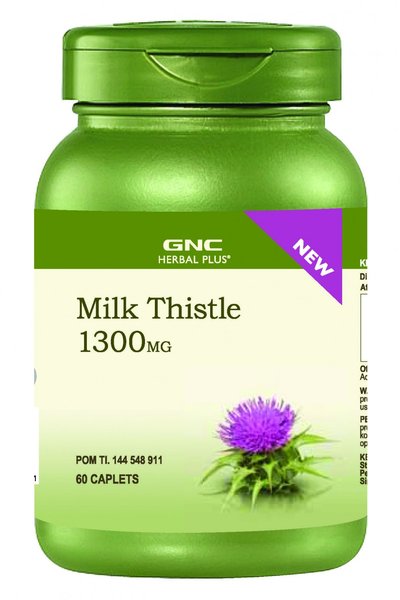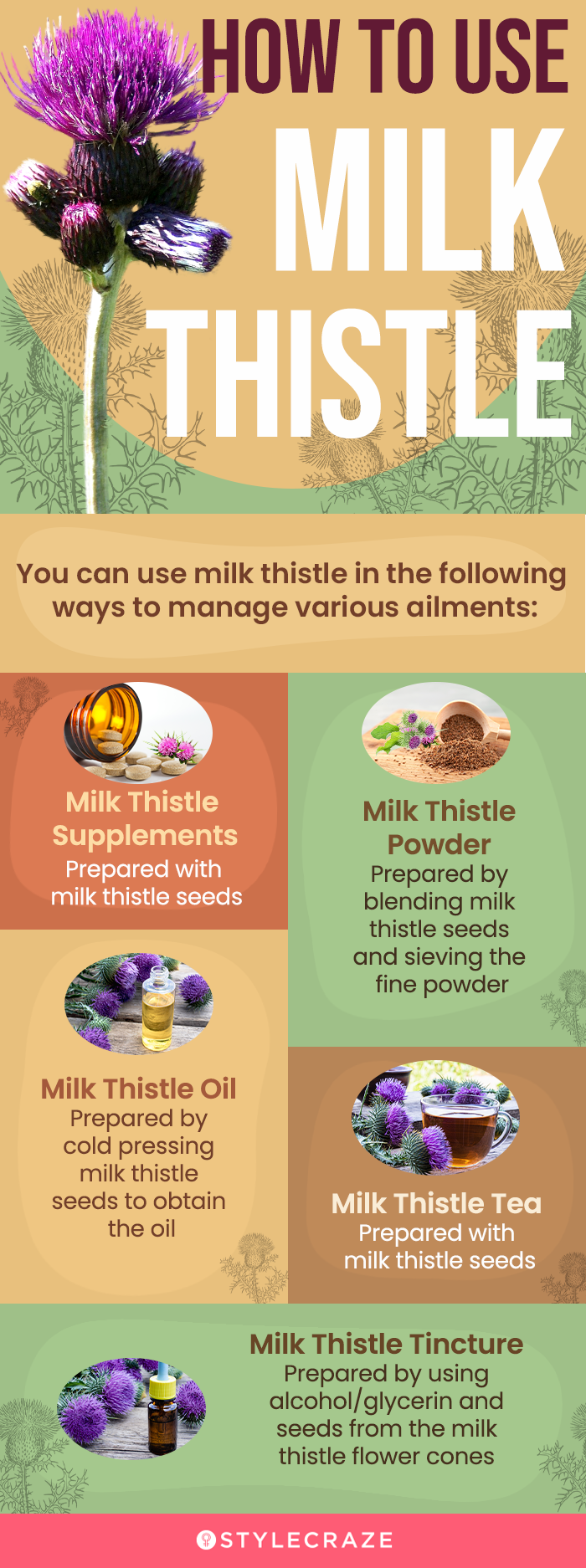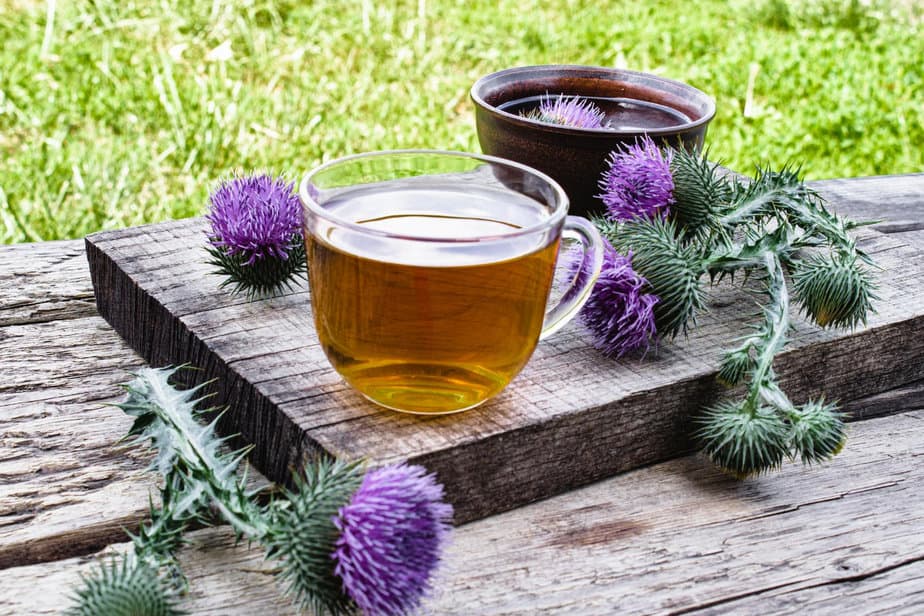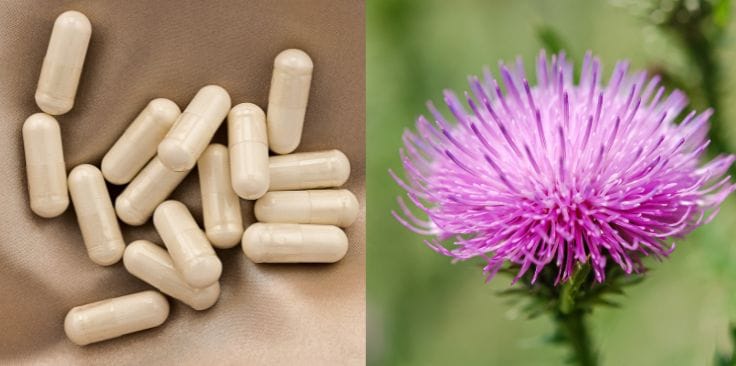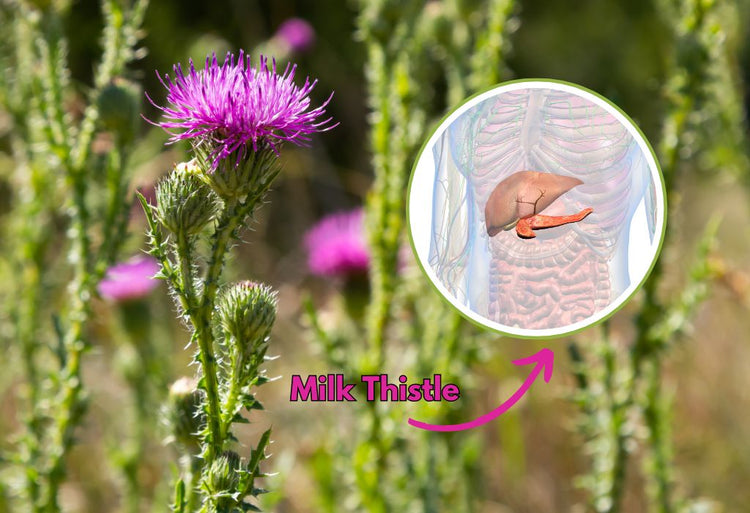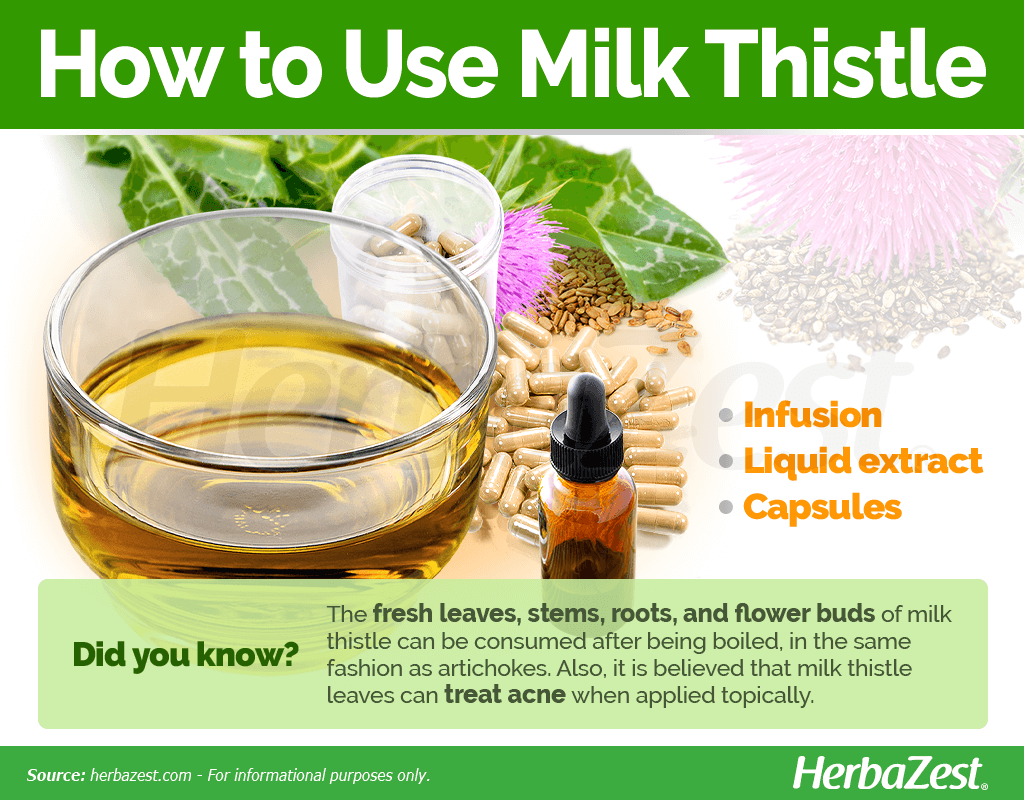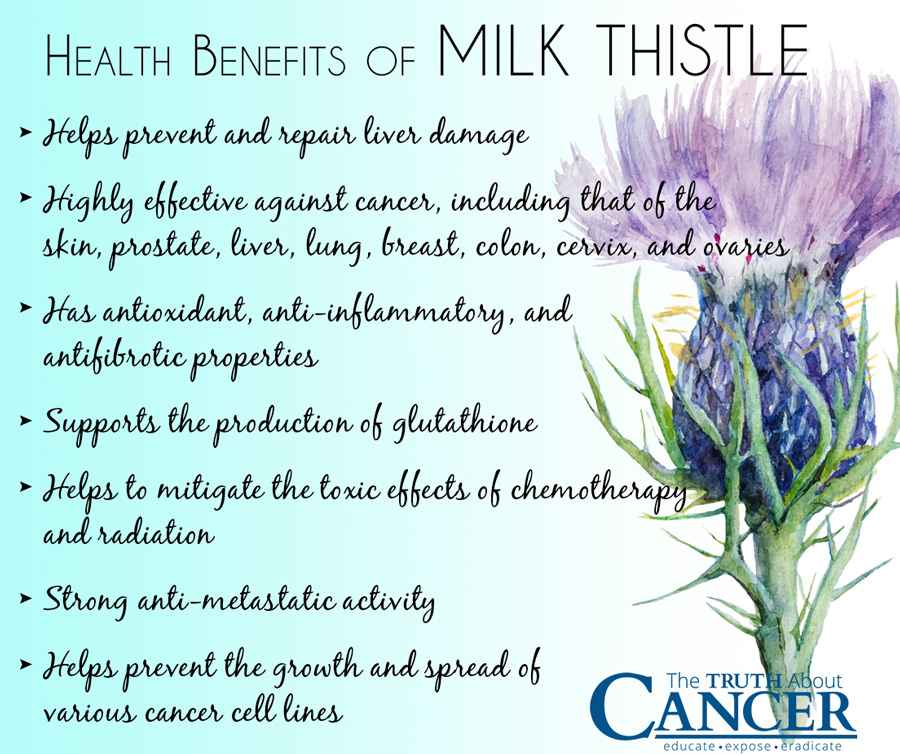Can I Take Milk Thistle On An Empty Stomach

The golden-flowered milk thistle, celebrated for its potential liver-protecting properties, has become a common supplement. But a nagging question often arises: Should you take milk thistle on an empty stomach, or does timing matter for optimal absorption and efficacy? Misinformation abounds, and understanding the science behind supplementation is crucial to reaping its benefits safely.
This article aims to dissect the complexities surrounding milk thistle consumption. We will explore the optimal timing for intake, examining evidence-based recommendations and potential implications of taking it on an empty stomach. Expert opinions and research findings will be analyzed to provide a comprehensive understanding of this widely used herbal remedy.
Understanding Milk Thistle and Silymarin
Milk thistle (Silybum marianum) is a flowering plant widely recognized for its medicinal properties.
Its active compound, silymarin, is a complex mixture of flavonolignans believed to be responsible for its therapeutic effects.
Silymarin is often associated with liver health, antioxidant activity, and potential benefits in managing conditions like liver disease and high cholesterol.
The Question of Timing: Empty Stomach vs. With Food
The debate around whether to take milk thistle on an empty stomach largely revolves around bioavailability and absorption.
Some argue that taking it on an empty stomach allows for quicker absorption, potentially leading to faster onset of effects.
Others suggest that consuming it with food, particularly those containing fats, could enhance silymarin's absorption due to its lipophilic nature.
Arguments for Taking Milk Thistle on an Empty Stomach
The primary argument for taking milk thistle on an empty stomach rests on the idea of maximizing initial absorption.
Without food interfering with the digestive process, the body can theoretically break down and absorb silymarin more efficiently.
This approach might be preferred by individuals seeking immediate relief from specific symptoms, although scientific evidence supporting this claim is limited.
Arguments for Taking Milk Thistle With Food
Conversely, the argument for taking milk thistle with food centers on enhancing absorption, especially with fatty foods.
Silymarin is known to be poorly soluble in water but more soluble in fats.
Consuming it with fats could facilitate its absorption through the intestinal lining, potentially increasing its overall bioavailability.
What the Research Says
Research on the optimal timing of milk thistle supplementation is still evolving, and definitive conclusions are elusive.
Some studies have explored the impact of different formulations and delivery methods on silymarin's bioavailability.
For example, formulations like phytosomes, which combine silymarin with phosphatidylcholine, have shown improved absorption compared to standard extracts.
A study published in the Journal of Alternative and Complementary Medicine investigated the bioavailability of silymarin phytosome compared to conventional silymarin extract. The study found that the phytosome formulation significantly improved silymarin absorption.
However, studies specifically comparing the effects of taking milk thistle on an empty stomach versus with food are limited and often yield inconsistent results.
Expert Opinions and Recommendations
Experts in herbal medicine and nutrition often offer varying perspectives on the ideal timing of milk thistle consumption.
Some healthcare professionals recommend taking it with a meal, particularly one containing healthy fats, to enhance absorption.
Others suggest experimenting with both approaches to determine what works best for individual needs and tolerance.
It's crucial to consult with a qualified healthcare provider before starting any new supplement regimen, especially if you have pre-existing health conditions or are taking other medications.
Potential Side Effects and Considerations
While milk thistle is generally considered safe, some individuals may experience side effects.
These can include gastrointestinal upset, such as nausea, diarrhea, or bloating.
Taking it on an empty stomach might exacerbate these symptoms in some people. Individuals with allergies to plants in the Asteraceae family (e.g., ragweed, daisies) should exercise caution, as milk thistle can trigger allergic reactions.
It's also important to consider potential interactions with medications. Milk thistle can affect liver enzymes involved in drug metabolism, potentially altering the effects of certain medications.
Conclusion: A Personalized Approach
Ultimately, the decision of whether to take milk thistle on an empty stomach depends on individual factors and preferences.
While some may experience better absorption and tolerance by taking it with food, others may find that an empty stomach works just as well.
The lack of definitive research underscores the need for a personalized approach, guided by professional advice and careful monitoring of one's own body's response. As research continues, a clearer picture of optimal timing and dosage may emerge, further refining recommendations for this popular herbal supplement.
